Princess Mako of Japan and her fiance endure pressure from her royal family, but defy expectations.


Princess Mako of Japan and her fiance endure pressure from her royal family, but defy expectations.
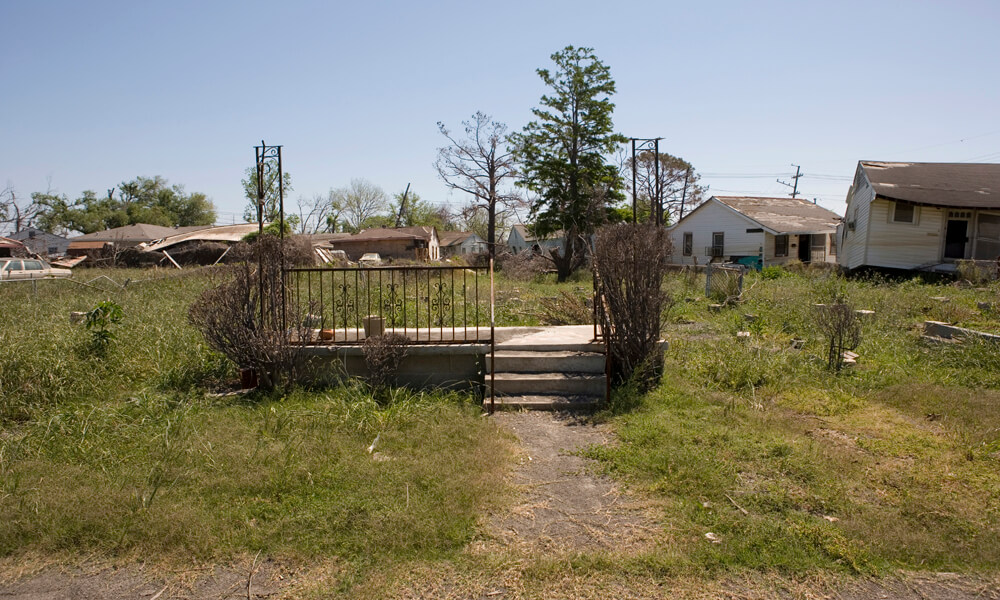
Why have some survivors of the devastation of Hurricane Katrina been able to recover effectively, while others have had a harder time getting back on their feet? Click this link to learn more about research on this topic.

A Smithsonian exhibition highlights the “invisible labor” women have been doing at home for decades as conversations regarding women empowerment swarm the nation.
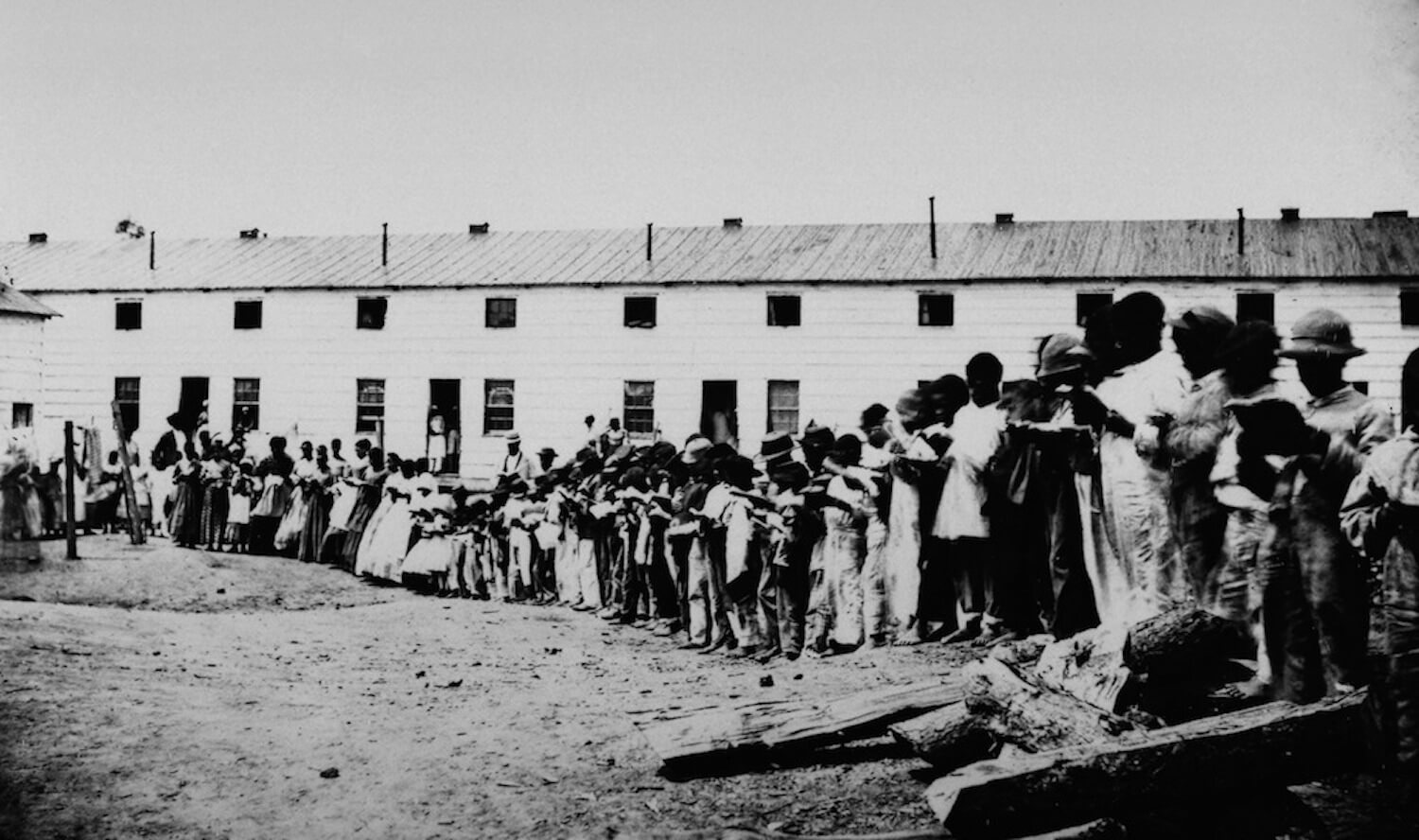
Historians are giving credit to sociologist, W.E.B. DuBois’s idea that enslaved workers coordinated a general strike, which helped end the Civil War.
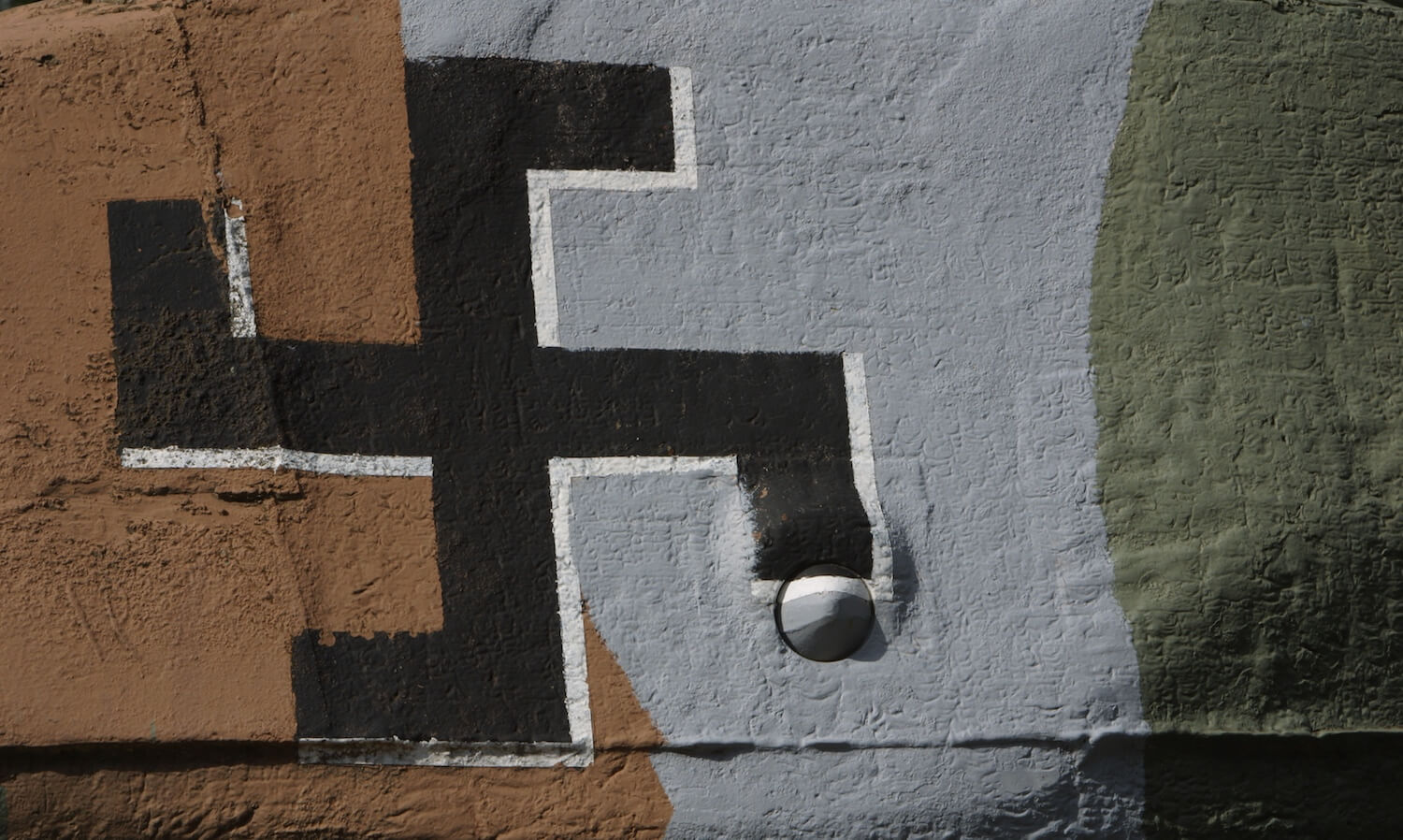
Anne Frank’s stepsister speaks to worldwide ignorance in response to teenagers’ hateful display.
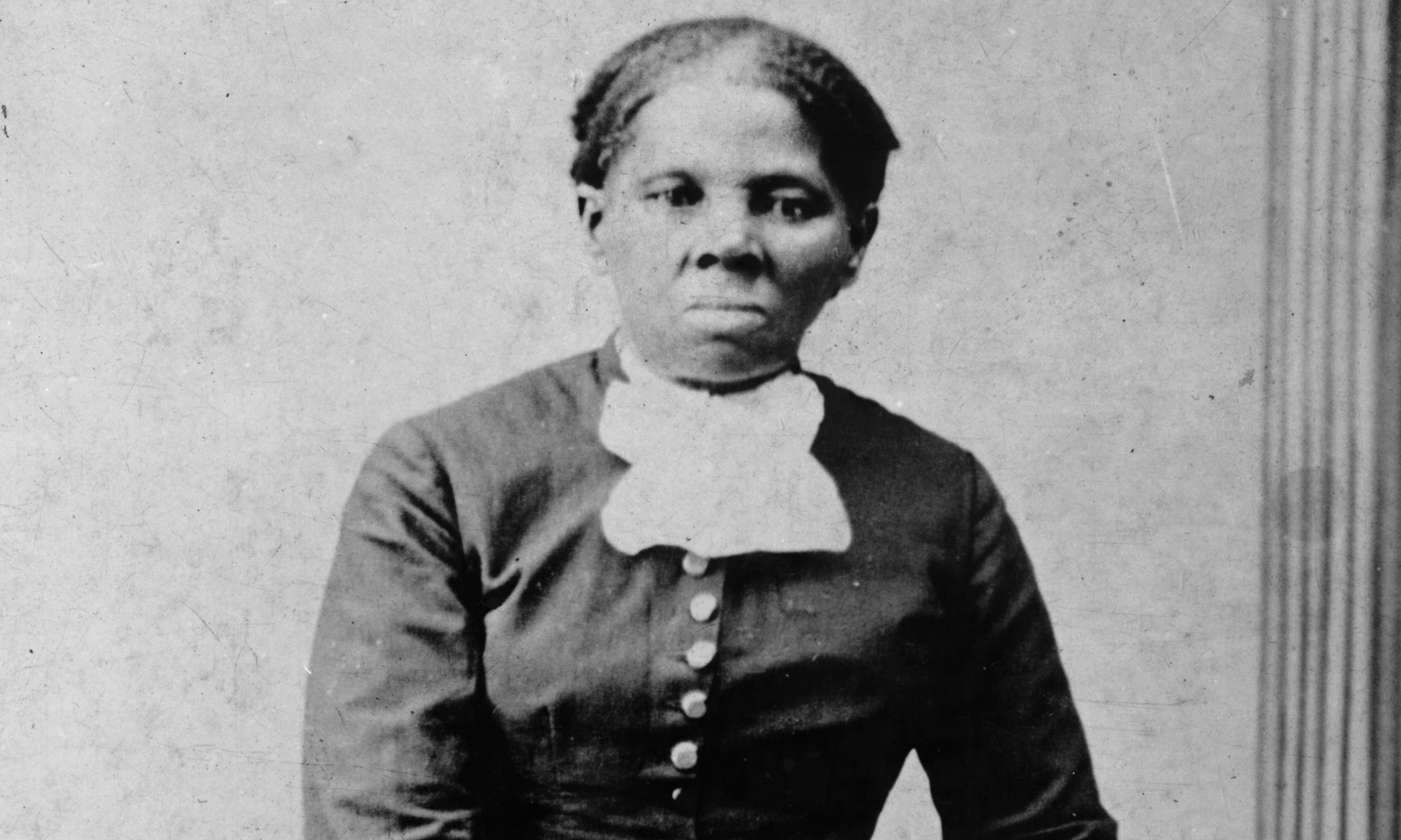
Explore significant stops along the Underground Railroad on this interactive map.
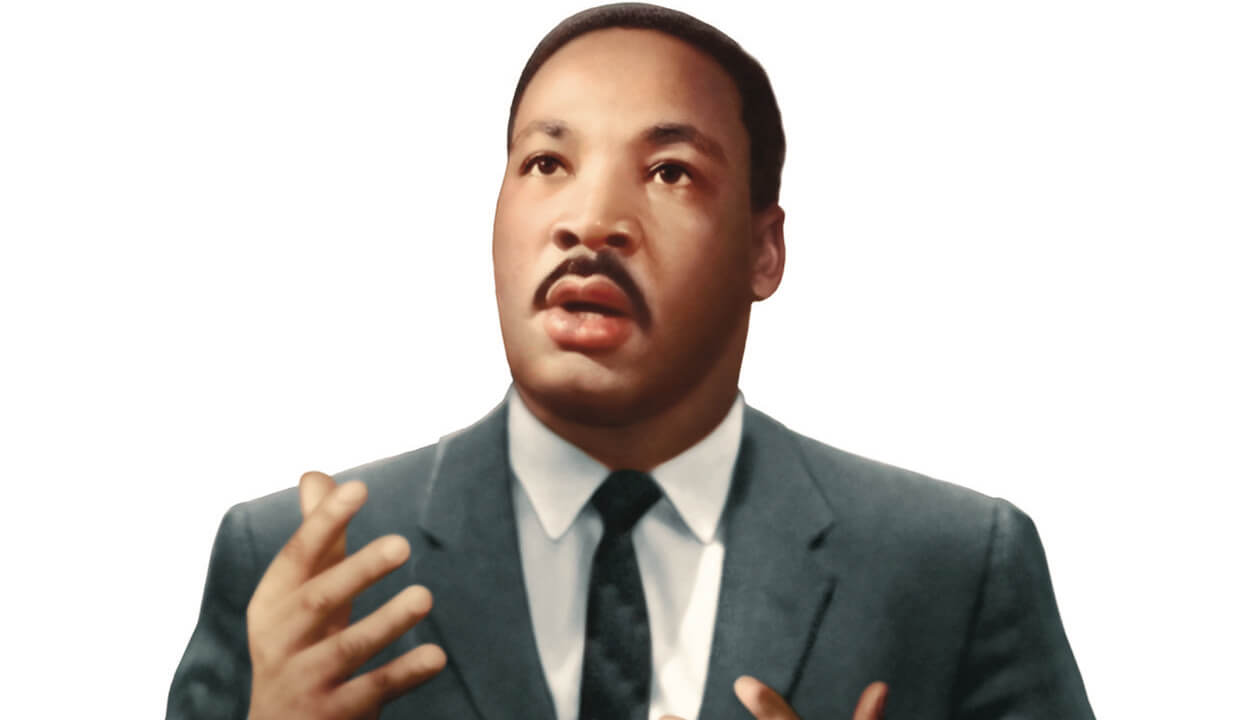
Thoreau inspired generations of international protesters with his essay, “Civil Disobedience.” Read how famous figures like Gandhi and Martin Luther King Jr. transformed Thoreau’s words into impactful actions.
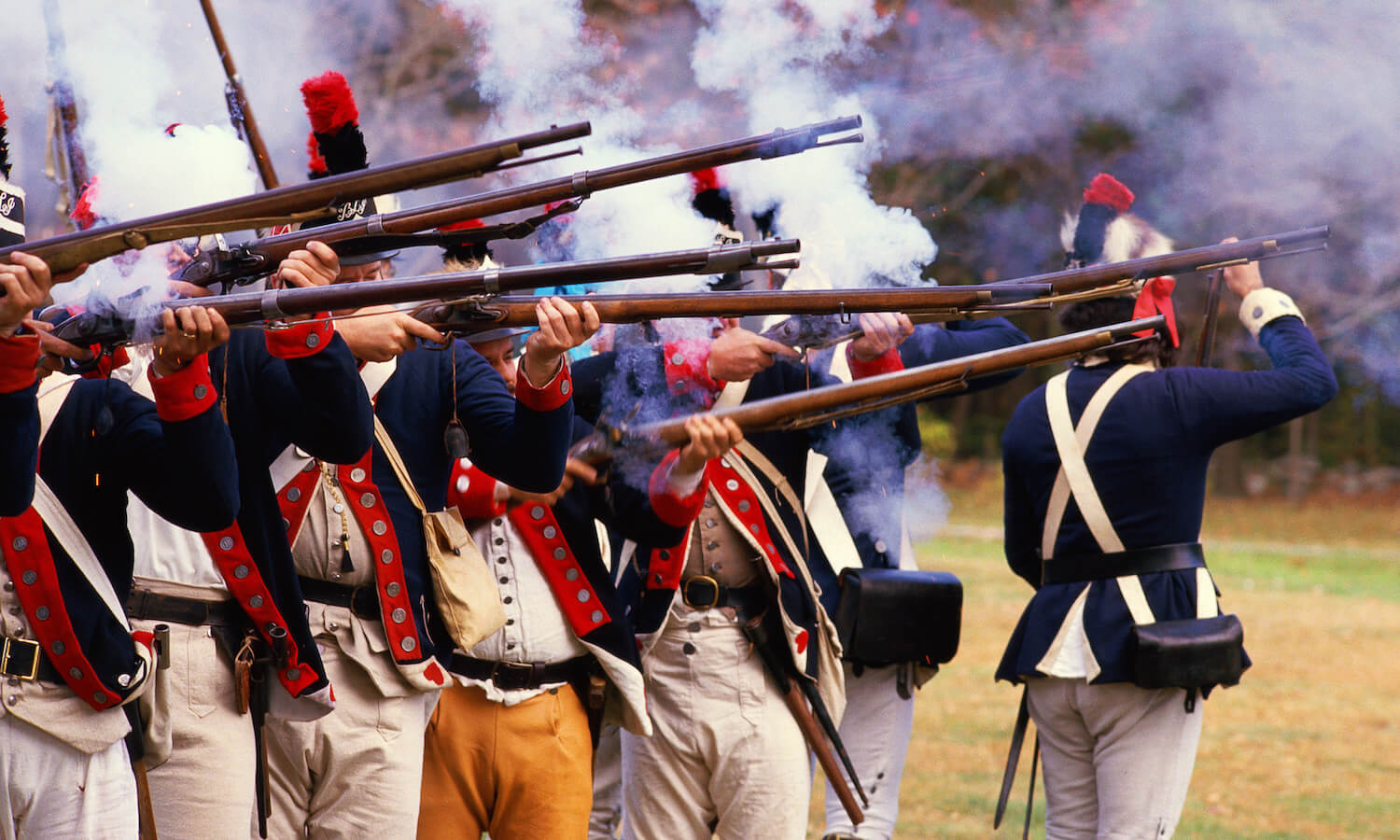
Most people know about George Washington and other key players of the American Revolution, but many other people contributed to the United States’ ultimate success. Read about 6 lesser-known heroes here.
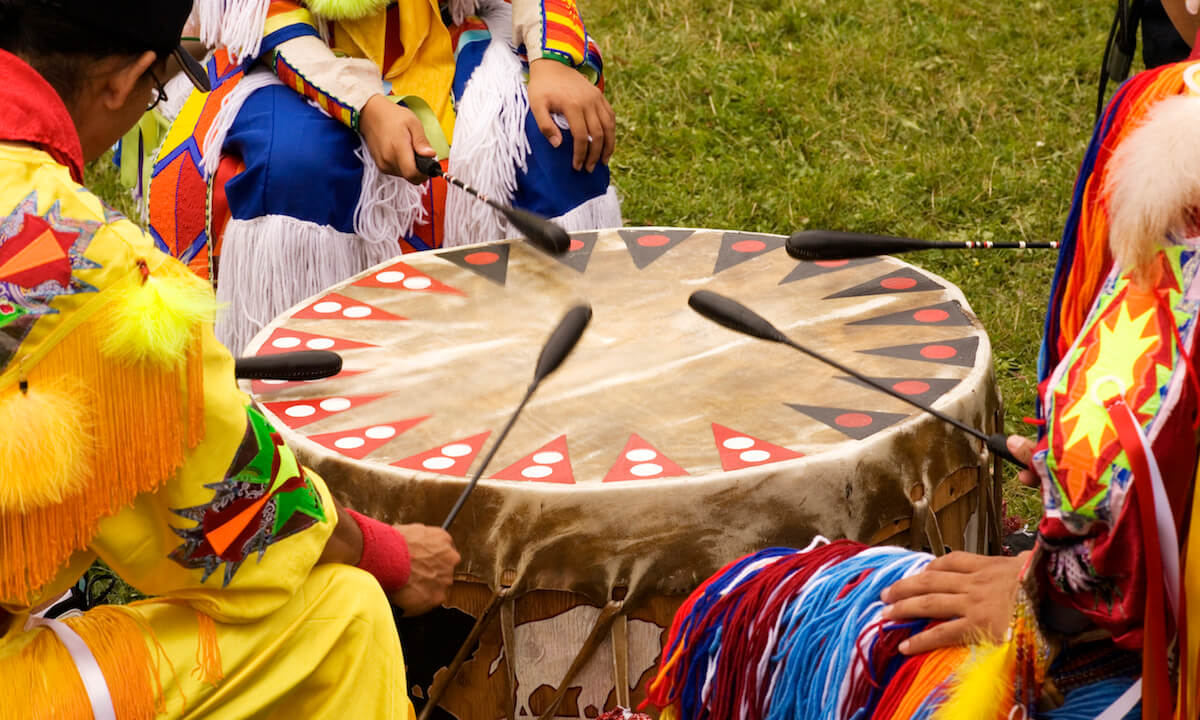
The Montana House of Representatives voted to join several other states in celebrating Indigenous Peoples’ Day instead of Columbus Day. However, the fight for recognition is not over yet!
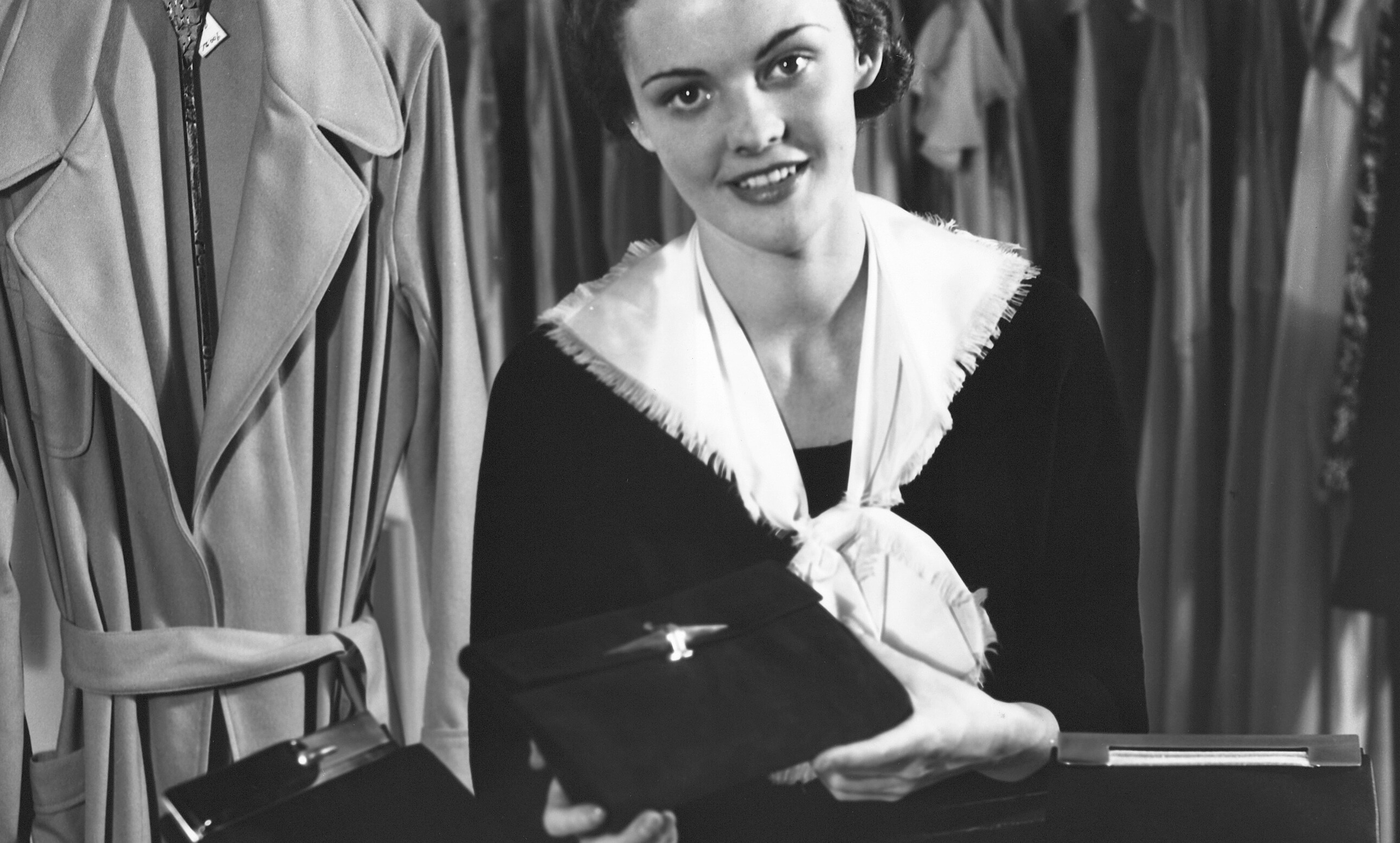
In the 1870s, the creation of deparatment stores gave women a socially acceptably way to leave the home, both as shoppers and as part of the workforce.
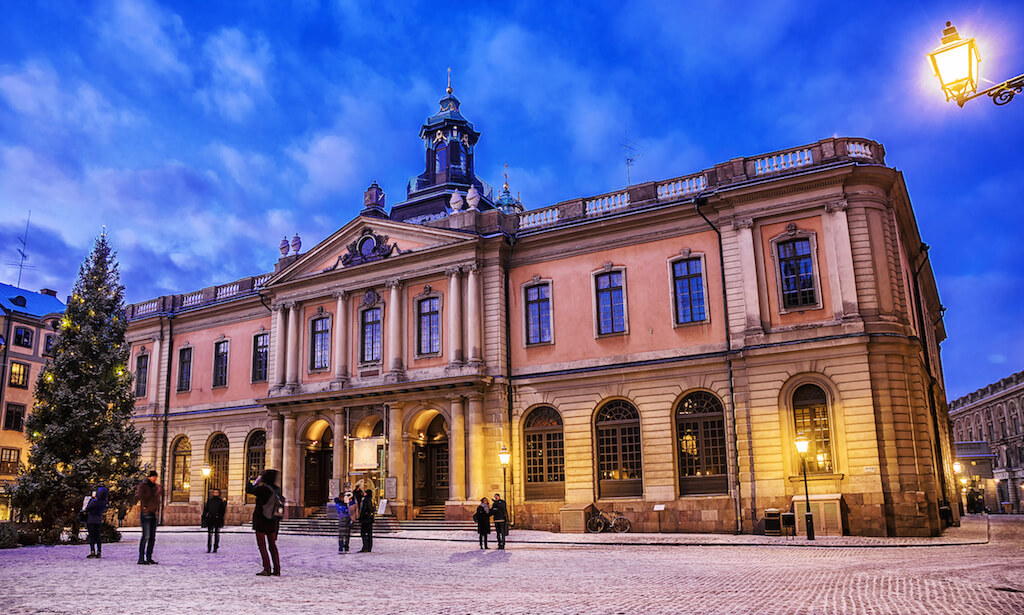
Read about the history of the Nobel Peace Prize and some of its recipients.
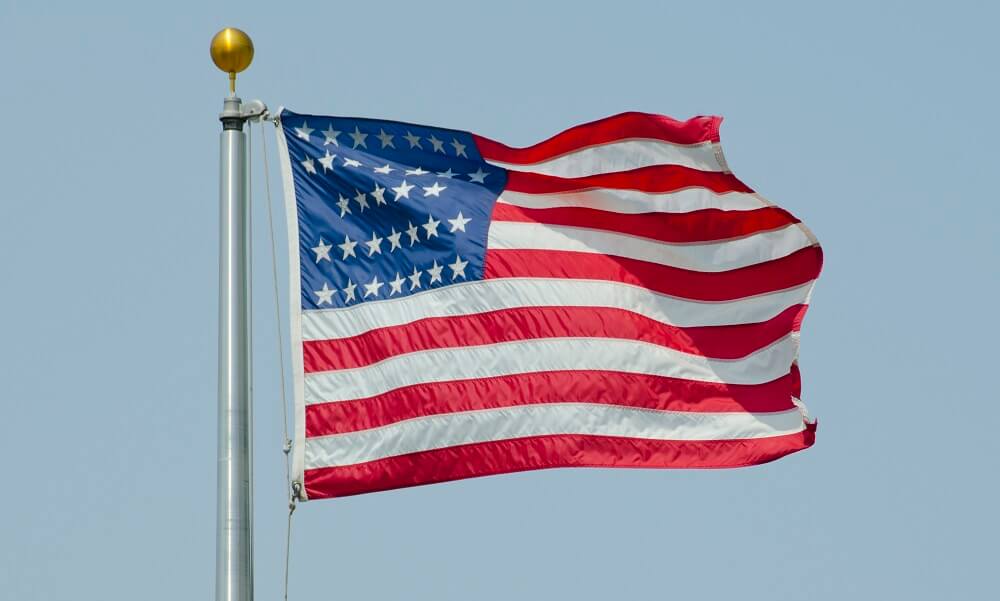
It’s easy to think of the two sides in the Civil War as monoliths, in which everyone supported the side where they lived. But many Southerners opposed secession and even fought as part of the Union Army.
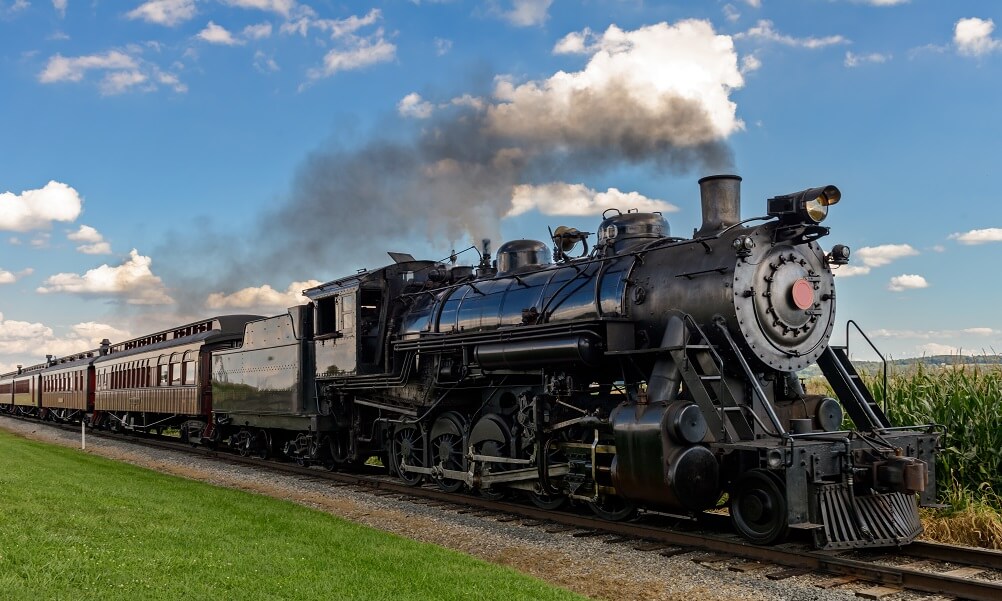
In the waning days of World War II, a group of prisoners from Bergen-Belsen did something that seemed unthinkable: They boarded a train to leave the camp.
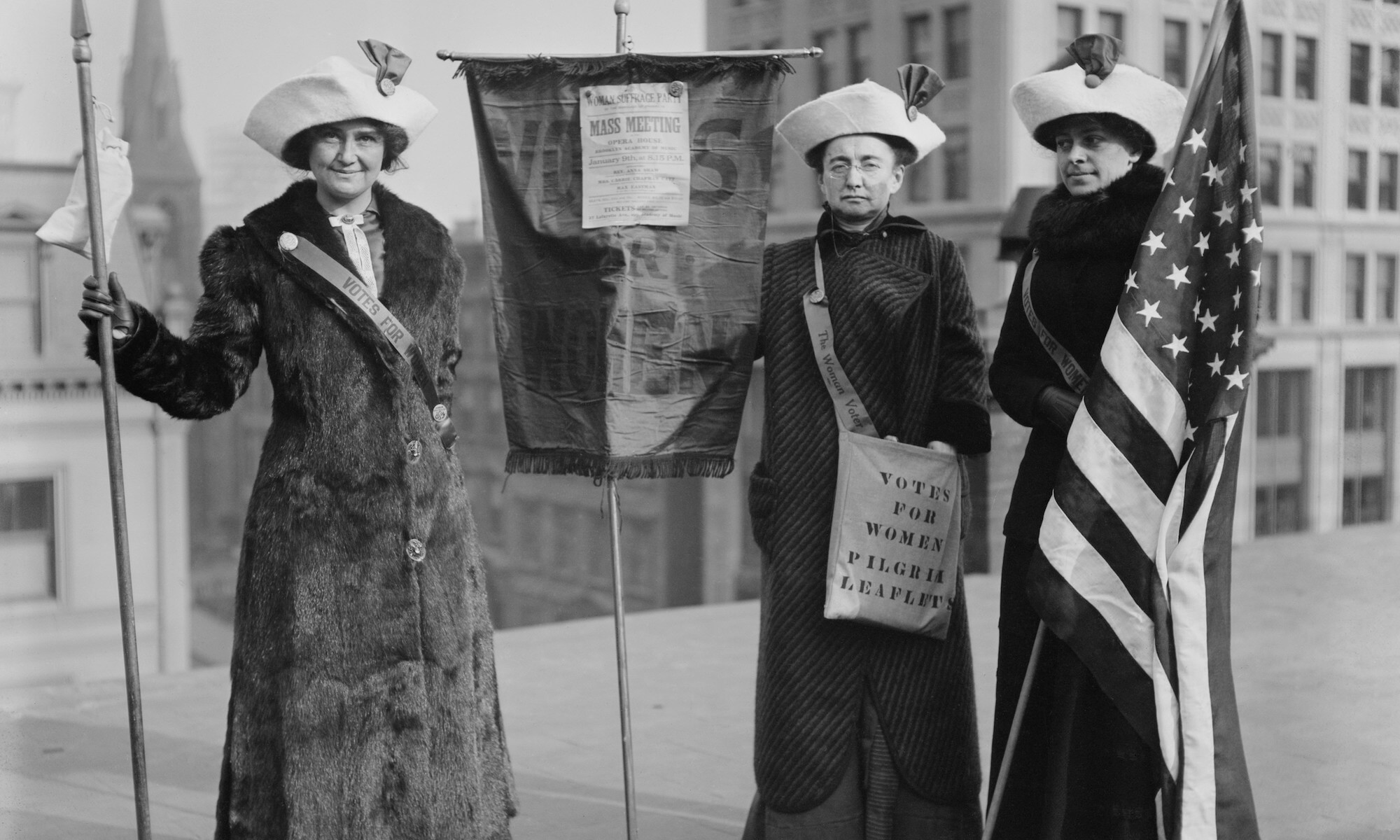
Read about the history of opposition to women’s suffrage and view historical documents and images pertaining to the issue in this resource from the National Women’s History Museum.
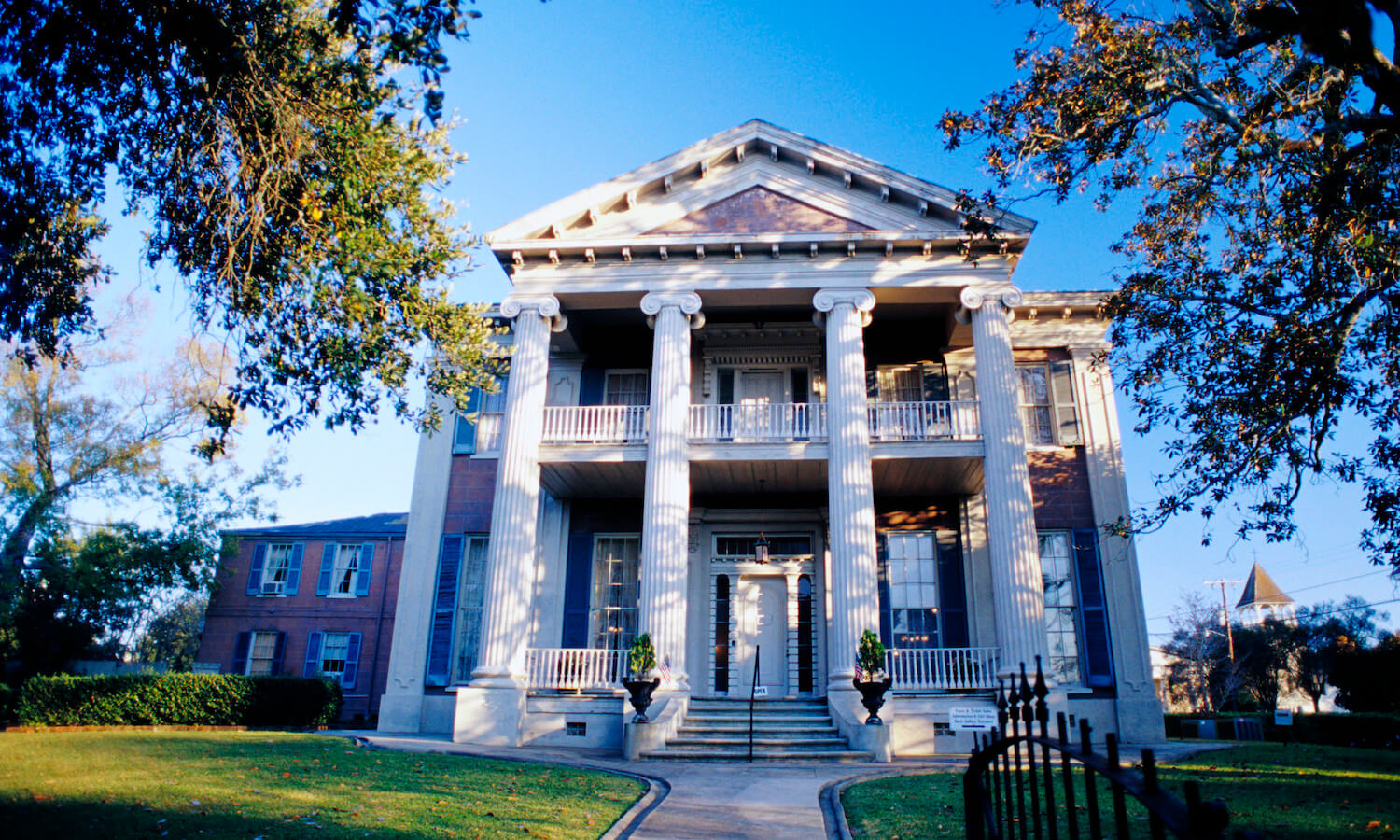
Slavery was a brutal institution in the era of the United States’ founding, but many historical sites fail to address the entwined legacy of former presidents and those they enslaved.
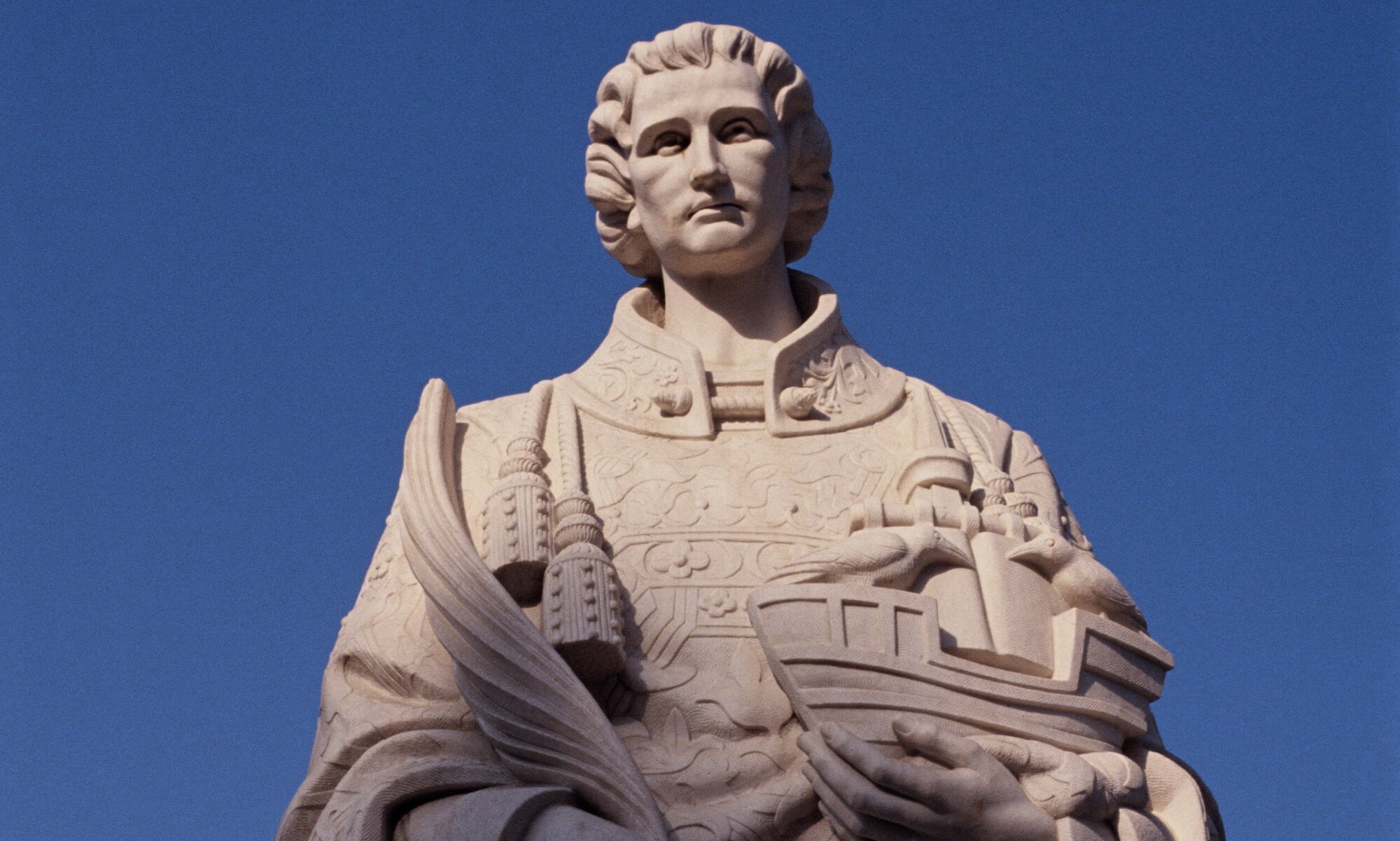
Statues of conquistadors are facing many of the same criticisms as Confederate statues. How should we treat these statues? Read the article for commentary on a complicated issue.
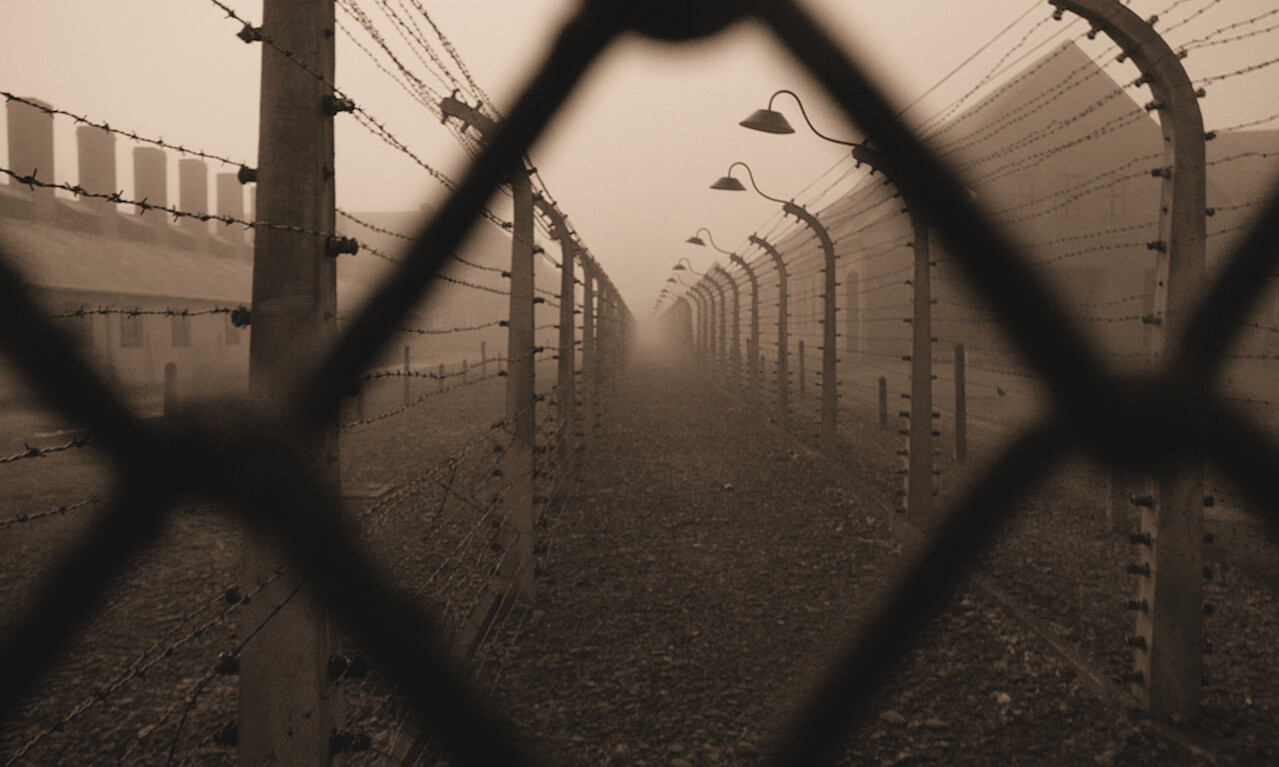
One Holocaust survivor’s story is told after the jacket he wore at a concentration camp was found
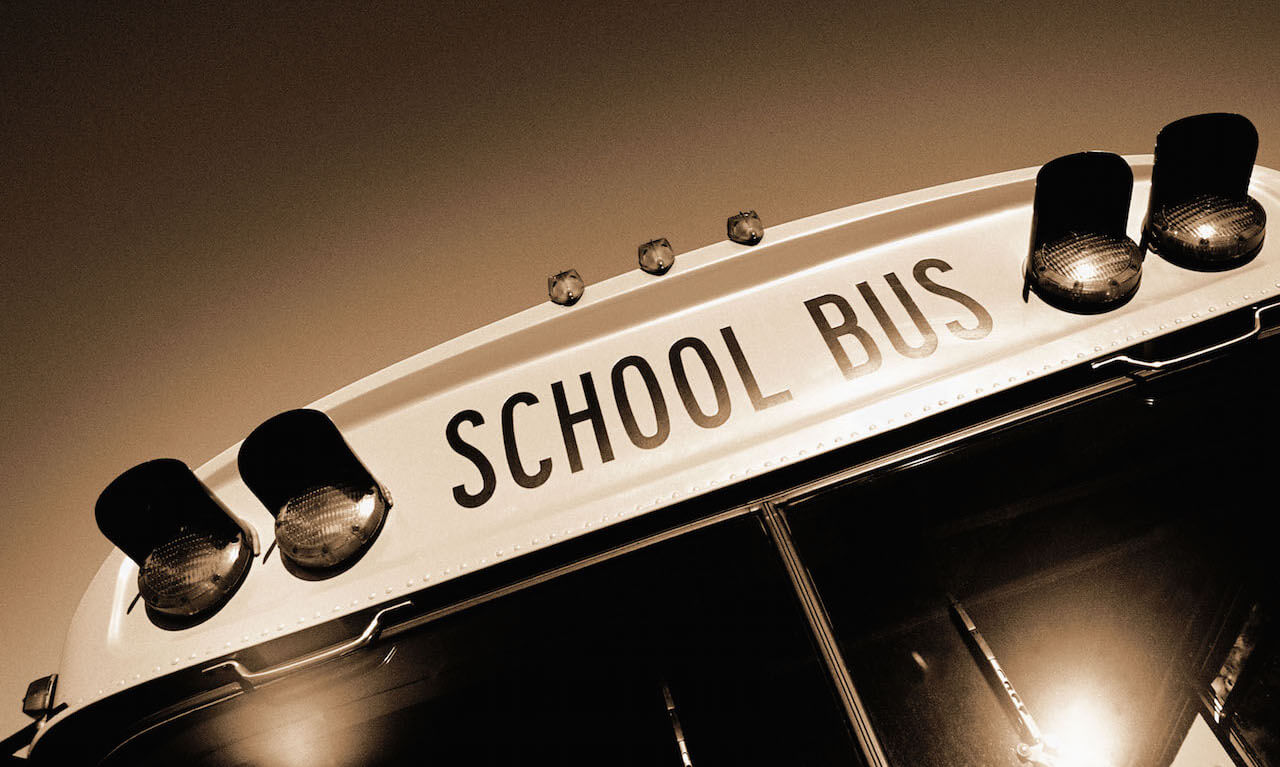
Ten years after the Supreme Court’s Brown v. Board of Education decision, Chicago’s schools remained segregated and unequal. Over 200,000 children protested the conditions.
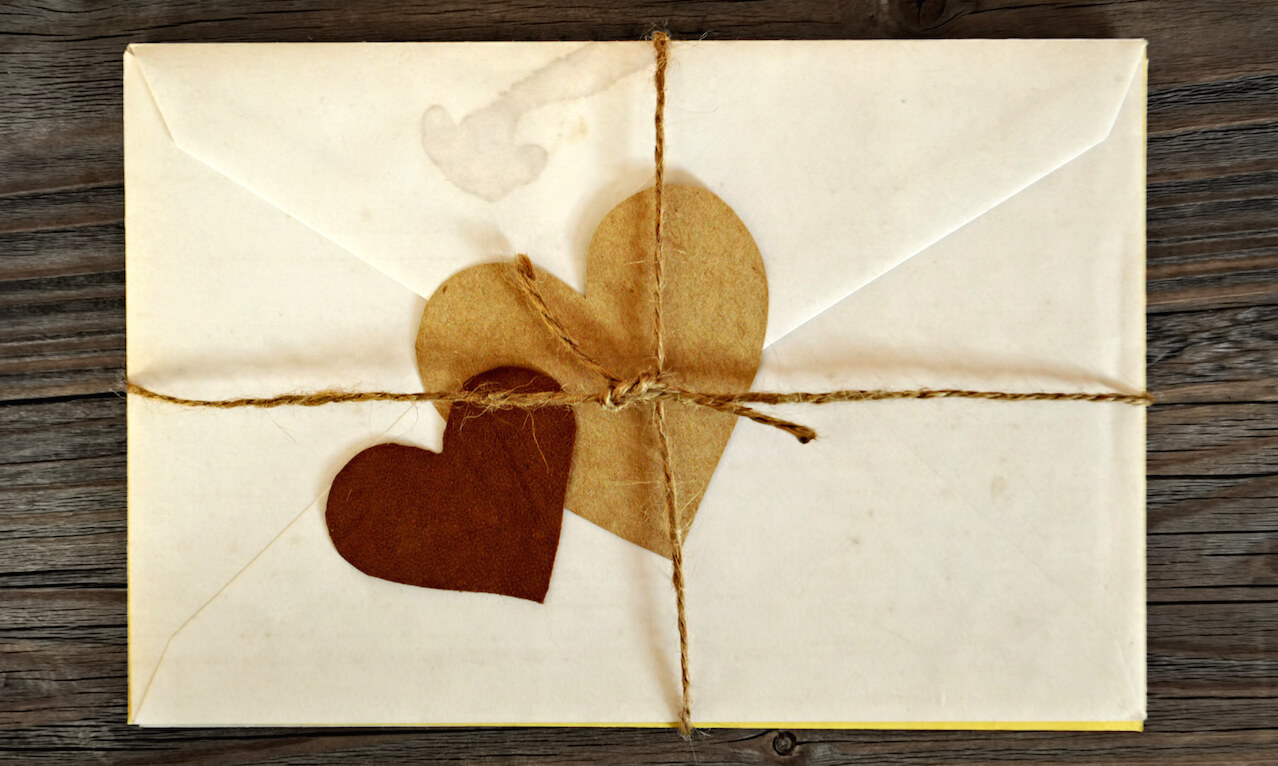
Letters from World War II reveal a love story that ended in tragedy.
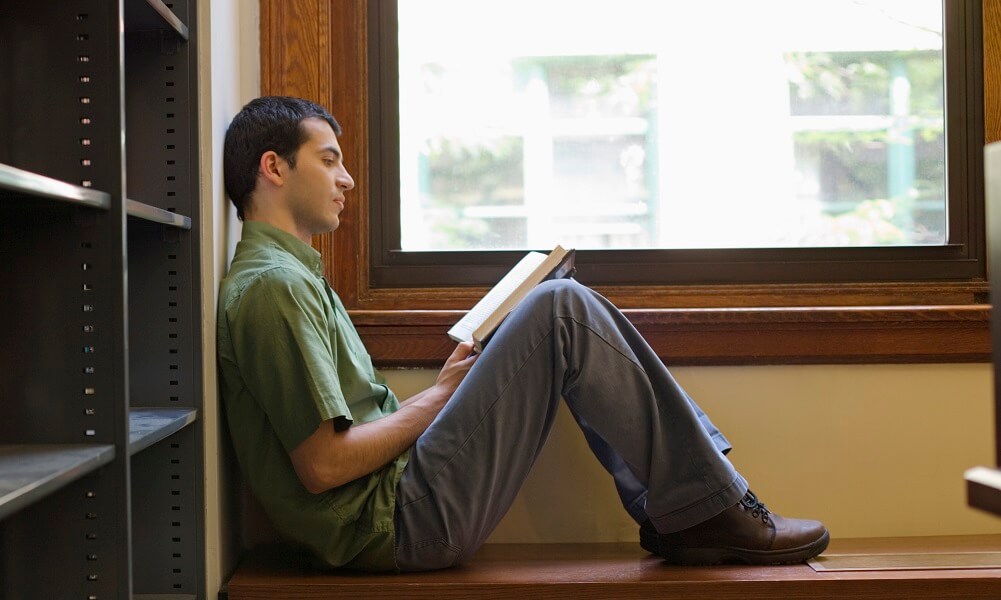
If it’s true that those who forget the past are doomed to repeat its mistakes, then young Americans may have a big problem.